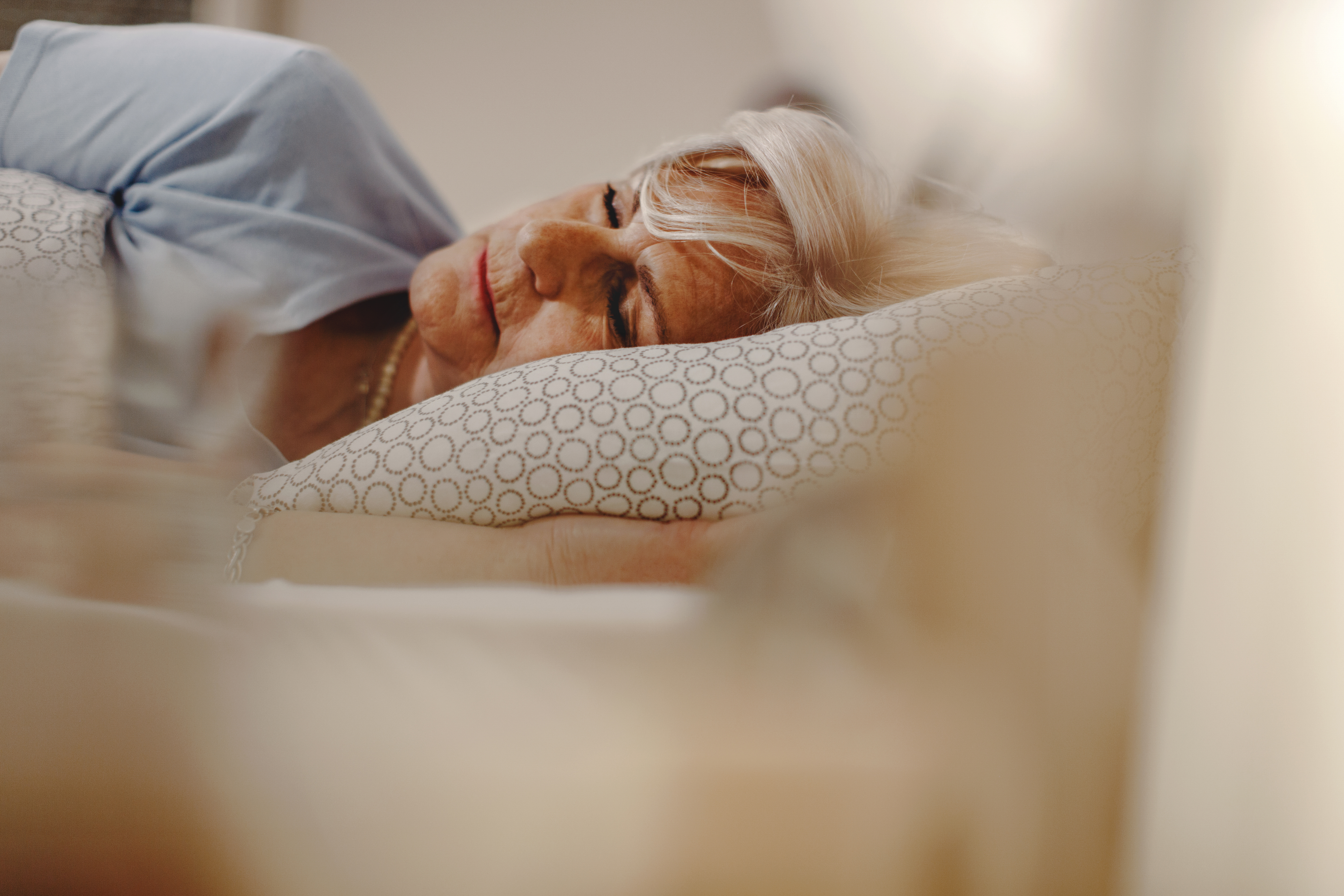Sleep Myths You Should Stop Believing
Sleep is a universal necessity, yet it's shrouded in myths and misconceptions that often lead us astray from achieving optimal rest. These myths, passed down through generations or propagated by popular media, can distort our understanding of sleep and its impact on our health. In this exploration, we will unravel 11 common sleep myths that might be affecting your nighttime routine and overall well-being. From misunderstandings about sleep cycles to misconceptions about the best sleep practices, this article aims to debunk these myths with insights grounded in research and expert opinions. Let’s embark on this journey to rethink and refine our bedtime beliefs for a healthier, more restful sleep experience.
Myth #1: Everyone Needs Exactly Eight Hours of Sleep
The belief that everyone needs exactly eight hours of sleep each night is one of the most pervasive sleep myths. While eight hours is often cited as the ideal benchmark, the amount of sleep required can vary significantly from person to person. Factors such as age, lifestyle, health, and even genetic predispositions play a role in determining individual sleep needs. Research shows that some people thrive on as little as six hours, while others may require up to ten. It’s essential to listen to your body and recognize signs of adequate rest, such as feeling refreshed upon waking and maintaining energy throughout the day, rather than adhering strictly to the eight-hour rule.
Myth #2: Older Adults Need Less Sleep

Contrary to popular belief, older adults do not necessarily need less sleep than younger adults. While it's true that sleep patterns change with age, the National Sleep Foundation recommends that adults aged 65 and older still aim for 7-8 hours of sleep per night. However, older adults often experience changes in sleep architecture, such as lighter sleep and more frequent awakenings, which can lead to the misconception that they need less rest. It's important for older adults to prioritize good sleep hygiene and address any sleep disturbances with healthcare providers to ensure they are meeting their sleep needs.
